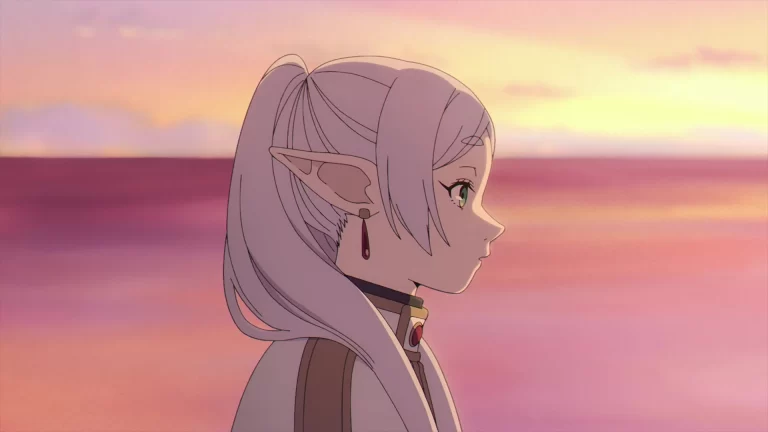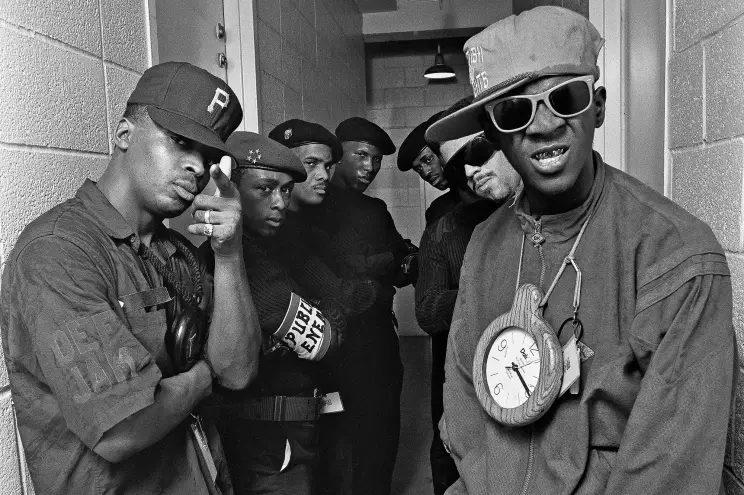
The Apothecary Diaries Anime Review (Season 1)
The Apothecary Diaries (Kusuriya no Hitorigoto) delivered one of the most refreshing and intricately layered anime of 2023-2024, captivating audiences with a unique blend of historical intrigue, mystery, and understated romance. Adapted from the popular light novel series by Natsu Hyuuga, the anime follows the clever and curious Maomao, a former apothecary’s assistant thrust into the treacherous world of palace politics. While it shares DNA with other historical and mystery-oriented anime, such as Moribito, The Twelve Kingdoms, or even Gosick, Apothecary Diaries sets itself apart with a grounded heroine, sharp storytelling, and feminist subtext woven into the silken threads of court life.
A Story Brewed with Precision and Poison
Set in a fictional empire heavily inspired by imperial China, the narrative centers on Maomao, a quick-witted and fiercely independent woman kidnapped and sold into servitude in the imperial rear palace. Far from playing the damsel, Maomao uses her extensive pharmacological knowledge and keen intellect to navigate palace life, solve medical mysteries, and expose dark secrets—all while avoiding the spotlight she so desperately doesn’t want.
Each mystery Maomao solves feels earned and meticulously crafted, contributing to a story that slowly builds tension in both personal and political dimensions. From uncovering poisoning attempts to deducing secret identities and unspoken rivalries, the series trusts the viewer’s intelligence and rewards close attention.
Maomao: A Heroine of Intelligence Over Charm
Maomao stands out in a sea of anime protagonists. She’s cynical, intelligent, and deeply practical, with a dry wit and an almost obsessive love for poisons and diseases. She isn’t interested in climbing the social ladder—she’d much rather dissect rare herbs or test antidotes on herself. This makes her a subversive female lead, especially in a palace setting typically rife with scheming consorts and power plays.
Her dynamic with Jinshi, the beautiful and mysterious high-ranking eunuch who takes a keen interest in her, adds a slow-burn romantic tension that never overwhelms the story. Jinshi’s intrigue, both romantic and political, is one of the key drivers of Maomao’s involvement in increasingly complex court matters. The two share a chemistry that’s more mental than physical—rare and compelling in anime—and fans are deeply invested in where this relationship is headed.
Supporting Cast and Palace Intrigue
Beyond Maomao and Jinshi, the anime features a robust cast of side characters who each bring dimension and complexity to the narrative. Notably:
- Gyokuyou, the gentle concubine Maomao initially serves, subverts expectations by wielding soft power in subtle and effective ways.
- Consort Lihua and Lady Lishu both highlight the harsh realities of women in the palace, but also their adaptability and quiet strength.
- Gaoshun, Jinshi’s aide, adds depth to the palace’s political machinations, balancing loyalty with caution.
The political world is layered with secrets, whispered ambitions, and deadly elegance. Unlike many anime, which default to fast-paced action, Apothecary Diaries excels in slow-burn tension. The battles here are fought with words, alliances, and poisons—not swords.
Empowering Women Within Confining Walls
One of the most compelling themes of Apothecary Diaries is how women in the palace—despite being confined, commodified, or underestimated—find agency. Whether it’s through intelligence, diplomacy, or sheer resilience, female characters in this show assert themselves in a patriarchal structure without needing to rely on male saviors.
Maomao’s refusal to be impressed or intimidated by status, her resistance to manipulation, and her insistence on maintaining her autonomy make her a modern heroine trapped in a historical world. And the story honors that.
Visual and Audio Excellence
The animation by TOHO Animation and OLM is lush and detailed, with ornate palace designs, flowing silks, and expressive facial animations. Careful attention is paid to the aesthetics of traditional medicine and calligraphy, enhancing the historical immersion.
The soundtrack is subtle yet evocative, often mixing traditional instruments with tense undertones during mystery-solving scenes. The opening theme “Hana ni Natte” by Ryokuoushoku Shakai became a breakout hit, mirroring the series’ blend of elegance and intensity.
What’s Next in Season 2?
Season 2, already in production, promises deeper dives into Maomao’s past and more entanglements with the imperial family. Most notably, Maomao’s newly revealed father, Lakan, a high-ranking official with a murky past, introduces both personal and political challenges. Fans are eager to see how Maomao confronts—or avoids—this relationship and what it means for her place in the palace.
Likewise, Maomao and Jinshi’s connection continues to build with unspoken affection and subtle glances, but Jinshi’s true identity and Maomao’s disinterest in romance will be hurdles to any resolution. Their story could become a rare and poignant portrait of love forged in intellect rather than impulse.
Final Verdict: 10/10
The Apothecary Diaries Season 1 is a triumph of restrained storytelling, complex characters, and a richly realized world. It stands as a quiet revolution in anime—intelligent, feminist, beautifully animated, and intricately written. Fans of thoughtful, character-driven series like Moribito, Showa Genroku Rakugo Shinjuu, or even Violet Evergarden will find much to love here.
With more palace mysteries to solve, family wounds to confront, and romantic threads to explore, Season 2 is shaping up to be even more compelling. If Season 1 was the careful brewing of a complex herbal remedy, Season 2 promises the first potent sip.






